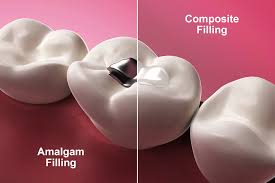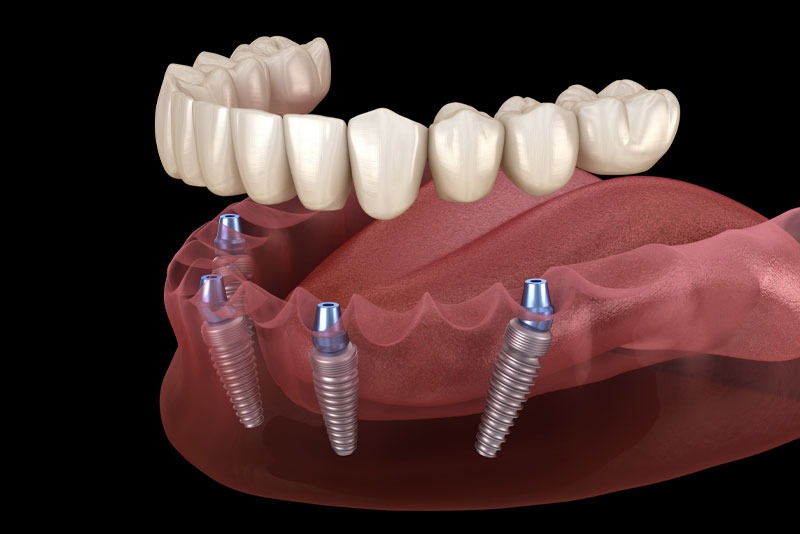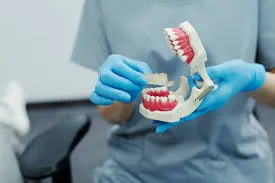Accreditation and Certifications
The first criterion to consider when evaluating a hospital is its accreditation status. Accreditation from recognized national and international bodies, such as NABH (National Accreditation Board for Hospitals & Healthcare Providers) or JCI (Joint Commission International), serves as an assurance that the hospital adheres to established standards of clinical quality, patient safety, and operational efficiency.
These certifications require institutions to undergo regular audits, maintain strict infection control practices, and implement standardized treatment protocols. Accredited hospitals are also typically required to have well-documented procedures, trained staff, and continuous quality improvement systems in place. This is particularly crucial in high-risk areas like surgical units and intensive care, where consistency and precision directly impact patient outcomes.
Qualified and Experienced Medical Professionals
The expertise of the doctors, nurses, and support staff is the most important. Look for hospitals where specialists are board-certified and have a proven track record in their respective fields. It is equally important for interdisciplinary teams, doctors from multiple specialties collaborating to allow for a holistic treatment.
Advanced Technology and Infrastructure
Modern medical treatments often depend on sophisticated tools. A good hospital should have updated diagnostic machines, operation theaters with modern equipment, and digital systems that improve accuracy and efficiency. From robotic surgeries to 3D imaging, the infrastructure speaks to how prepared the hospital is for complex procedures. This reduces the need for referrals to other better-equipped hospitals.
Wide Range of Specialities Under One Roof
Having multiple specialties allows for quick internal referrals and reduces the time during treatment. For families, this means you can rely on one trusted institution for various medical concerns, which is especially helpful in emergencies or for managing chronic conditions.
Patient-centric Approach
Good hospitals go beyond just treating diseases. Look for hospitals that value patient education, involve you in treatment decisions, and prioritize your emotional well-being. Testimonials, feedback forums, or even a hospital tour can give you a sense of the environment.
Cleanliness, Hygiene, and Safety Protocols
A visibly clean and hygienic environment is a fundamental aspect of any quality healthcare facility. Hospitals must implement and maintain stringent infection control measures, especially in critical areas such as operating theaters, intensive care units (ICUs), and maternity wards. These protocols typically include routine surface disinfection, sterilization of medical instruments, proper segregation and disposal of biomedical waste, and the use of personal protective equipment (PPE) by staff.
Additionally, clean patient linens, sanitized common areas, and effective air filtration or ventilation systems help reduce the risk of hospital-acquired infections. It is advisable to inquire whether the hospital conducts regular internal or third-party audits to monitor compliance with these hygiene and safety standards.
Efficient Emergency and Critical Care Services
Emergencies can occur at any hour, and the hospital you choose should be fully equipped to handle them. This includes a 24/7 emergency room, quick access to critical care units, trained emergency physicians, and ambulance services. The speed and accuracy of emergency care often determine outcomes, so this is a non-negotiable factor.
Ahmedabad has quickly developed into one of the leading cities for quality healthcare. They combine skilled professionals, well-equipped multispecialty hospitals, and affordable care, making it ideal for residents. If you’re looking for comprehensive and trustworthy medical services, you’ll find the best hospital in Ahmedabad offering everything from advanced diagnostics to post-operative rehab, all under one roof.
Transparent Billing and Insurance Support
Billing should never be a surprise. The best hospitals maintain transparency in pricing, provide pre-treatment estimates, and offer assistance with insurance claims and documentation. Financial clarity builds trust and lets patients focus on healing rather than costs.
Positive Patient Reviews and Reputation
Word-of-mouth and digital reviews provide insights into patient satisfaction. Look at reviews not just for medical outcomes but also for staff behavior, wait times, cleanliness, and how complications were handled. A hospital’s reputation is earned over time, and real experiences put it all into perspective.
Location Convenience and Follow-up Accessibility
Proximity matters, especially for long-term treatments, rehabilitation, or regular follow-ups. A conveniently located hospital reduces travel stress for both patients and caregivers. Also check if they offer online consultations, online reports, or doorstep medication services.































Leave a Reply